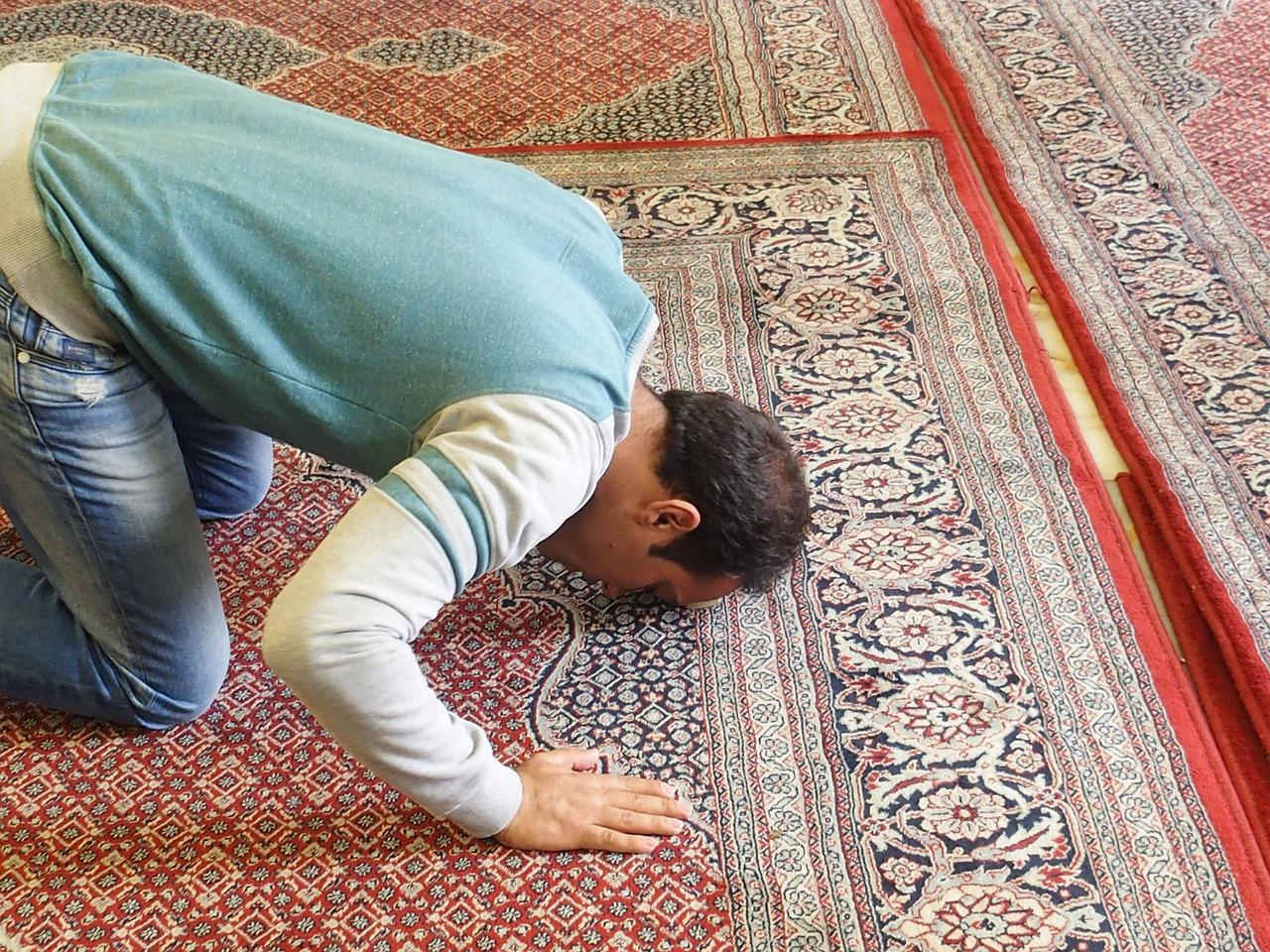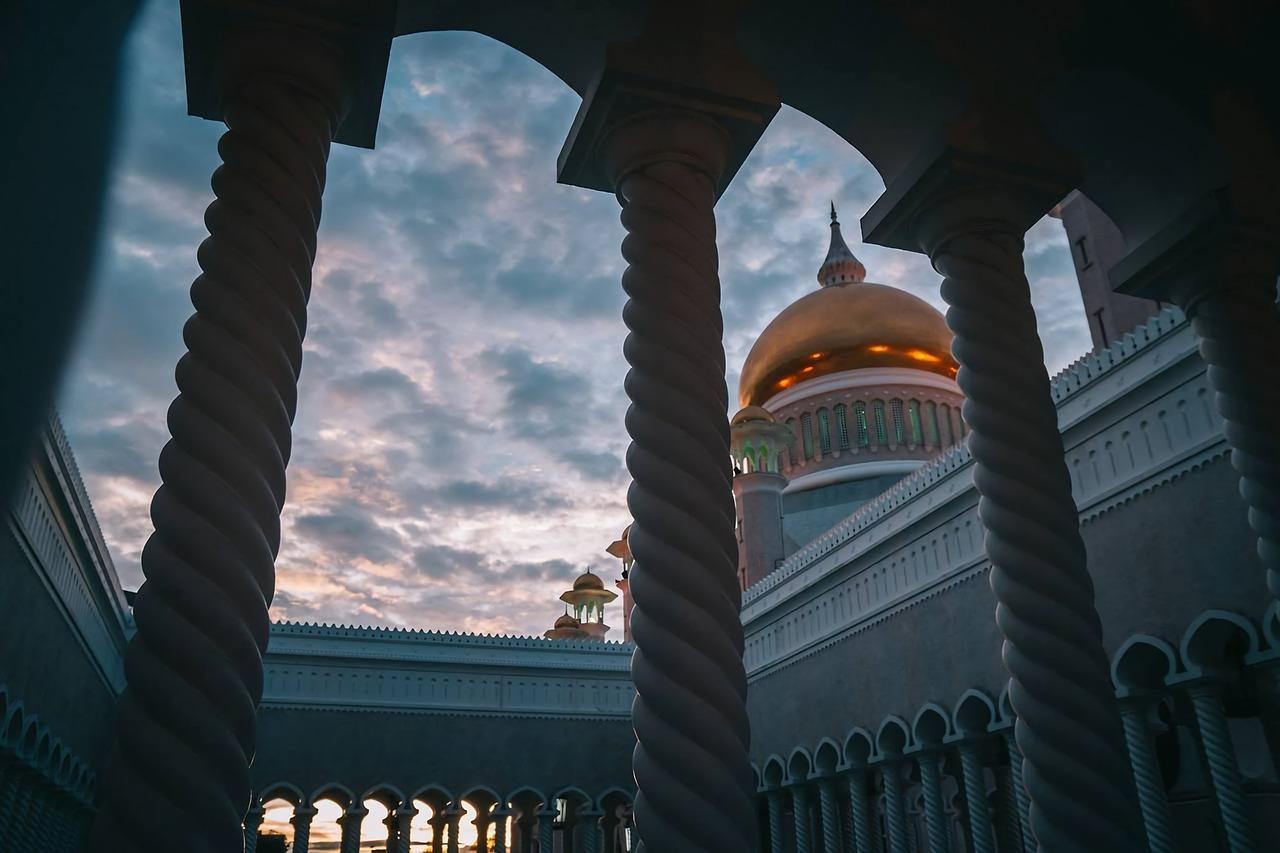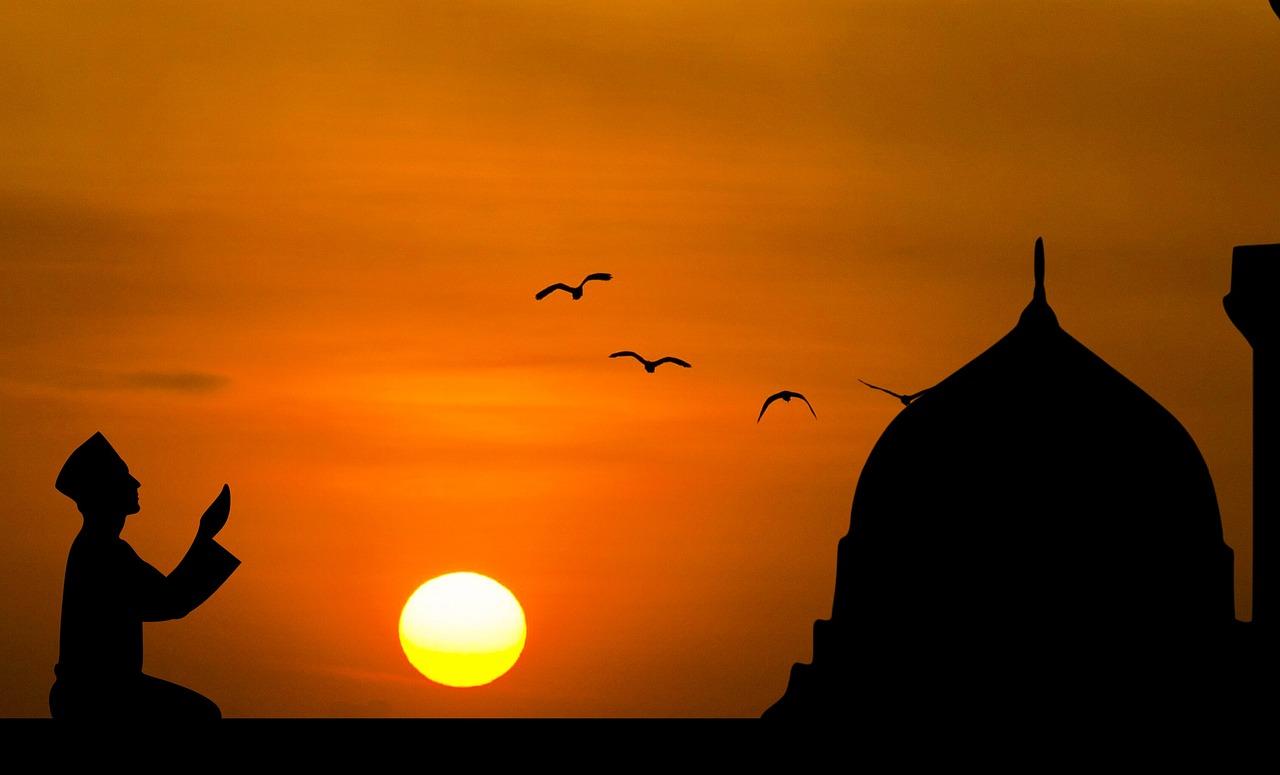
04 March, 2025
slam is built upon five fundamental pillars that guide a Muslim’s faith and practice. These pillars are:
-
Shahada (Faith)
-
Salah (Prayer)
-
Zakat (Charity)
-
Sawm (Fasting)
-
Hajj (Pilgrimage)
Each pillar represents a key act of worship that strengthens a Muslim’s relationship with Allah.

-
The Shahada is the declaration of faith: "There is no god but Allah, and Muhammad is His Messenger."
-
It is the first and most fundamental pillar of Islam, signifying complete belief in the oneness of Allah.
-
By saying and believing in the Shahada, a person officially becomes a Muslim.
-
This declaration guides all aspects of a Muslim’s life, shaping their values, actions, and devotion to God.
Read More: The Shahada

-
Muslims perform five daily prayers at specific times: Fajr, Dhuhr, Asr, Maghrib, and Isha.
-
Prayer is a direct connection with Allah, bringing spiritual discipline and inner peace.
-
Each prayer includes recitations from the Quran, bowing, and prostration, symbolizing humility before God.
-
It reminds Muslims to stay mindful of their faith throughout the day.
Read More: Salah

-
Zakat is an annual charitable donation (usually 2.5% of savings) given to those in need.
-
It purifies wealth and ensures social justice by supporting the poor, orphans, and those struggling financially.
-
Beyond the financial obligation, Zakat promotes generosity, empathy, and community support.
Read More: Zakat

-
Sawm is fasting during the month of Ramadan, from dawn to sunset.
-
Muslims abstain from food, drink, and other physical needs, focusing on self-discipline and spiritual reflection.
-
Fasting teaches gratitude, patience, and compassion for the less fortunate.
-
At sunset, Muslims break their fast with Iftar, usually with dates and water, followed by a meal.
Read More: Sawm in Islam

-
Hajj is a sacred pilgrimage to Mecca that Muslims must perform at least once in their lifetime, if physically and financially able.
-
It takes place during the Islamic month of Dhul-Hijjah and includes rituals like Tawaf (circling the Kaaba) and Arafat (prayers of forgiveness).
-
Hajj symbolizes unity, humility, and devotion to Allah.
Read More: Understanding Hajj
-
The Five Pillars of Islam shape a Muslim’s daily life and spiritual journey.
-
They promote faith, discipline, charity, self-control, and devotion to God.
-
Each pillar strengthens the bond between Muslims and their Creator, guiding them to live a righteous and meaningful life.

